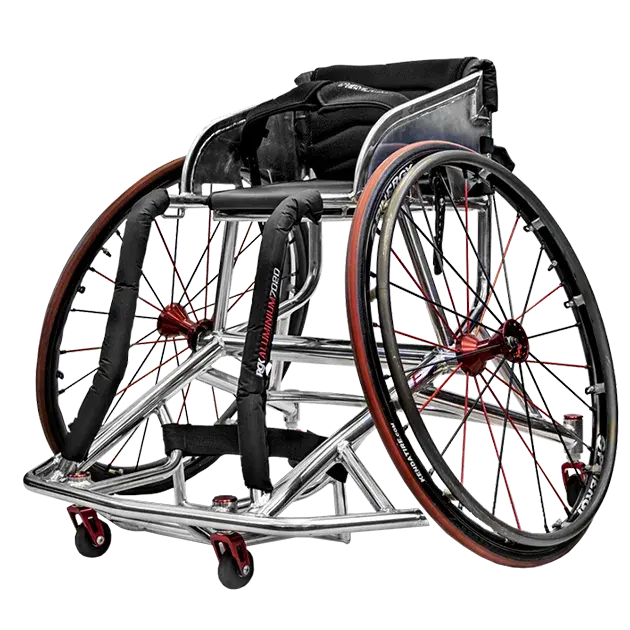Multiple sclerosis (MS) is a chronic neurological disorder that affects the central nervous system, causing inflammation and damage to the protective myelin sheath surrounding nerve fibers. This damage disrupts the normal flow of electrical impulses along the nerves, resulting in a wide range of symptoms that vary from person to person. MS affects more than 2.3 million people worldwide, and while the cause of the disease is still unknown, a combination of genetic and environmental factors is thought to play a role. One significant aspect of living with MS is the impact on mobility. This article will discuss the mobility issues associated with MS and offer strategies for managing these challenges to improve the quality of life for affected individuals.
Mobility Issues in Multiple Sclerosis
MS can lead to a range of mobility issues due to the unpredictable nature of the disease and the variety of symptoms that can occur. The main mobility challenges include:
Muscle weakness
MS can cause muscle weakness, particularly in the legs, making it difficult to walk, climb stairs, or perform other daily activities that require strength and coordination.
Balance and coordination problems
MS can affect the areas of the brain responsible for balance and coordination, making it difficult for individuals to maintain their balance while standing or walking. This can lead to an increased risk of falls and injuries.
Fatigue
Fatigue is a common symptom of MS and can significantly impact an individual's ability to engage in daily activities. This can further limit mobility and contribute to a sedentary lifestyle.
Spasticity
MS can cause muscle stiffness or spasms, known as spasticity. This can make it challenging to move freely, affecting walking patterns and overall mobility.
Gait disturbances
Individuals with MS may experience changes in their walking patterns, such as foot drop, shuffling, or unsteady movements. These gait disturbances can further contribute to mobility challenges and increase the risk of falls.
Strategies for Addressing Mobility Challenges in Multiple Sclerosis
There are several strategies that individuals with MS and their healthcare providers can implement to address mobility challenges:
Medication management
Medications can be used to manage various symptoms of MS, including muscle stiffness, fatigue, and pain. Effective symptom management can lead to improved mobility and a better quality of life.
Physical therapy
Physical therapy can help individuals with MS improve their strength, balance, and coordination. A physical therapist can develop a personalized exercise program that targets the specific needs and limitations of the individual, focusing on stretching, strengthening, and aerobic activities.
Occupational therapy
Occupational therapists can help individuals with MS adapt to their mobility limitations by teaching them new ways to perform daily tasks and recommending assistive devices or home modifications to improve safety and independence.
Assistive devices
Depending on the severity of the mobility limitations, individuals with MS may benefit from using assistive devices such as canes, walkers, or wheelchairs. These devices can provide additional support, stability, and confidence, particularly in situations where balance or strength may be compromised.
Lifestyle modifications
Adopting a healthy lifestyle can help individuals with MS manage their symptoms and maintain mobility. This may include regular exercise, a balanced diet, stress reduction techniques, and adequate sleep.
Conclusion
Multiple sclerosis can significantly impact an individual's mobility, leading to various challenges in daily life. However, with appropriate interventions and support, these challenges can be managed. By working with healthcare professionals and utilizing available resources, individuals with MS can improve their quality of life and maintain a sense of independence despite their condition.





